Vietnam is considered a country with many opportunities and favorable conditions to develop the semiconductor industry ecosystem, becoming an important part of the global semiconductor supply chain.
Currently, the Party and State are building many breakthrough mechanisms and policies to promote this industry.
Semiconductors – priority field
According to Minister of Science and Technology Huynh Thanh Dat, semiconductor chips in particular and the semiconductor industry in general are likened to “grains of rice,” because they feed all different fields in the technology era and are the key to future digital technologies.
The semiconductor industry is playing an increasingly important role in the global economy , with a global market size of over 520 billion USD in 2023 and continuing to grow rapidly.
In addition, in order to support the development of microchip human resources, the Ministry of Science and Technology is currently continuing to implement the Project "Promoting the transfer, mastery and development of technology from abroad to Vietnam in priority sectors and fields in the period up to 2025, with a vision to 2030" (Decision No. 1851/QD-TTg dated December 27, 2018 of the Prime Minister) and "Project on training and fostering domestic and foreign science and technology human resources with the state budget" (Decision No. 2395/QD-TTg dated December 25, 2015 of the Prime Minister).
At the same time, the Ministry of Science and Technology also focuses on implementing contents related to technology reception and human resource training in the field of designing and manufacturing advanced microchip hardware in the world; continuing to direct the implementation of business incubation activities in the field of electronic microchips...
According to Minister Huynh Thanh Dat, in recent times, the legal corridor to facilitate the priority of attracting investment and developing semiconductors has been built. Accordingly, the Investment Law and the Corporate Income Tax Law have added special incentives for high-tech, large-scale, high-value-added projects, including semiconductor manufacturing projects.
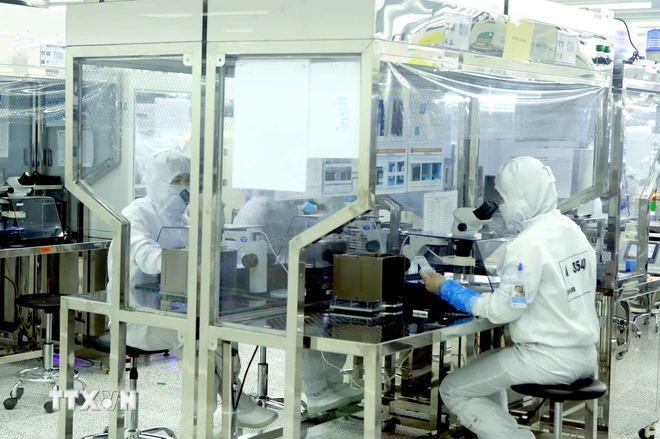
Up to now, Vietnam has attracted more than 40 large companies and corporations in the semiconductor industry from the United States, Korea, Japan, Taiwan (China), the Netherlands... Along with that, many domestic enterprises have also joined the market such as Viettel, FPT, VNChip...
According to Mr. Dam Bach Duong, Director of the High Technology Department (Ministry of Science and Technology), the Government, ministries and sectors are very interested in promoting the semiconductor chip industry. However, to develop this industry, many factors in research, human resources, etc. must converge.
The Government has clearly assigned the tasks of each ministry and sector in building strategies and developing human resources. The Ministry of Science and Technology, with its strength as a state management agency in research, will focus on research.
Specifically, the Ministry will advise the Government on the contents that need to be focused on developing this industry based on Vietnam's resources and practices, thereby having the shortest, fastest, and most successful direction.
“The Ministry of Science and Technology will have science and technology programs and tasks related to semiconductor chips; propose mechanisms and policies to encourage domestic and foreign enterprises and corporations to invest in laboratories in Vietnam or invest in laboratories, research centers, and innovation in research institutes and universities with research fields related to semiconductors. At the same time, attract intellectual resources and technology from abroad by encouraging Vietnamese scientists and researchers abroad to participate in developing the semiconductor chip field in Vietnam,” Mr. Dam Bach Duong shared.
In the coming time, the Ministry of Science and Technology will continue to promote technology search and transfer programs, bilateral and multilateral cooperation programs with countries with strengths in science and technology; thereby creating research groups that can apply and grasp core technologies in this field the fastest.
Special policy
To develop the semiconductor industry in Vietnam, Associate Professor, Dr. Nguyen Anh Thi, Head of the Management Board of Ho Chi Minh City High-Tech Park, said that there should be specific policies to further promote FDI attraction, especially strategic investors who play a key role in the global supply chain of the semiconductor industry.
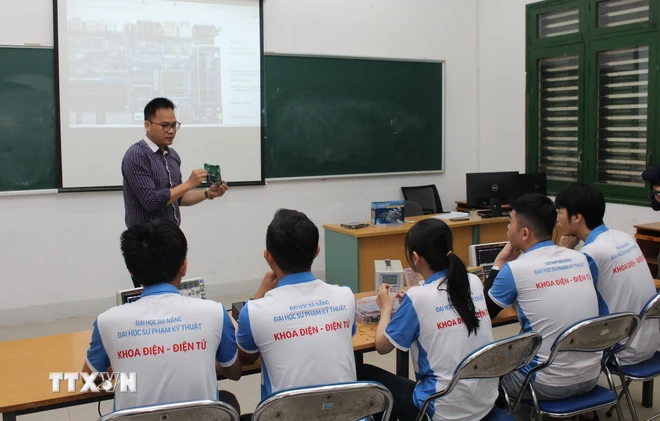
To do this, it is necessary to focus on policy mechanisms to support the expansion and improvement of human resources quality in the semiconductor microchip field through training to improve human resources skills in designing semiconductor microchips according to business needs.
In addition, it is necessary to soon develop and promulgate mechanisms and policies related to start-up enterprises; related to venture capital funds and investors such as: Taxes, venture capital laws, mechanisms for venture investors, mechanisms to protect them when "investing in venture capital", mechanisms to divest capital for venture capital to support small and medium enterprises, especially pioneering enterprises in the semiconductor industry with many risks.
In September 2024, the People's Committee of Ho Chi Minh City issued a decision approving the "Ho Chi Minh City Microchip Industry Development Program in the High-Tech Park for the period 2025-2030."
The program has the general goal of developing the City's semiconductor industry with the core being the High-Tech Park, with sufficient capacity to participate in high value-added stages in the global semiconductor industry value chain.
By 2030, the High-Tech Park will become a research and development center for the national semiconductor industry, with a strong semiconductor ecosystem.
The program also clearly states a number of specific goals such as science and technology infrastructure, modern management model according to good international practices; research capacity, mastering advanced technology; incubating and successfully commercializing Vietnamese microchip products with applications in building smart cities and sustainable development; being a place to attract and train human resources for semiconductor microchip design at international standards for Ho Chi Minh City; a startup ecosystem, innovation and creativity for microchip enterprises; having space to develop investment projects with technology spreading power, connecting to the world's semiconductor microchip ecosystem...
Also in September, Prime Minister Pham Minh Chinh signed Decision No. 1018/QD-TTg promulgating the Strategy for developing Vietnam's semiconductor industry to 2030 and vision to 2050.
The strategy is an important basis with orientations, goals and solutions to realize the ambition of becoming one of the global semiconductor industrial centers in the future.
This strategy sets out a 3-phase development roadmap. Specifically, phase 1 (2024-2030) focuses on selectively attracting FDI investment, establishing at least 100 design enterprises, 1 small-scale semiconductor chip manufacturing plant, and 10 semiconductor product packaging and testing plants.
The scale of the semiconductor industry's revenue in Vietnam reaches over 25 billion USD/year, the added value in Vietnam reaches 10-15%. The scale of the electronics industry's revenue in Vietnam reaches over 225 billion USD/year, the added value in Vietnam reaches 10-15%.
The human resource scale of Vietnam's semiconductor industry has reached over 50,000 engineers and bachelors with appropriate structure and quantity, meeting development needs.
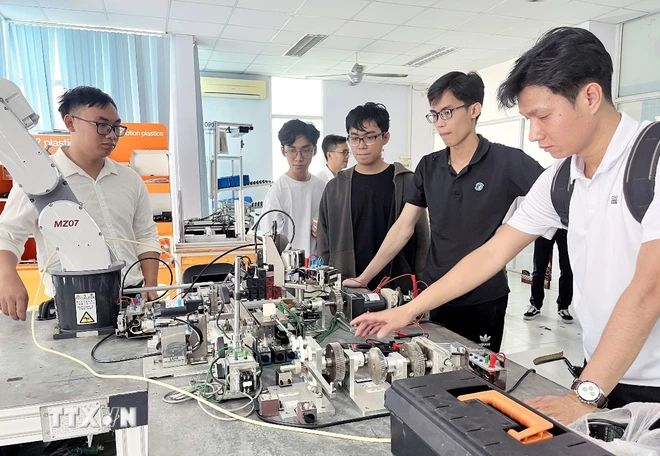
Phase 2 (2030-2040): Developing the semiconductor industry combining self-reliance and FDI, forming at least 200 design enterprises, 2 semiconductor chip manufacturing factories, 15 semiconductor product packaging and testing factories, gradually becoming self-sufficient in design technology and manufacturing specialized semiconductor products.
The scale of semiconductor industry revenue in Vietnam reaches over 50 billion USD/year, the added value in Vietnam reaches 15-20%; the scale of electronics industry revenue in Vietnam reaches over 485 billion USD/year, the added value in Vietnam reaches 15-20%.
Phase 3 (2040-2050): Establish at least 300 design enterprises, 3 semiconductor chip manufacturing factories, 20 semiconductor product packaging and testing factories, mastering research and development in the semiconductor field.
The scale of the semiconductor industry's revenue in Vietnam reaches over 100 billion USD/year, the added value in Vietnam reaches 20-25%. The scale of the electronics industry's revenue in Vietnam reaches over 1,045 billion USD/year, the added value in Vietnam reaches 20-25%.
Regarding policy, the Strategy requires research to develop preferential mechanisms, investment support, and special State finance to invest in building a small-scale, high-tech semiconductor chip manufacturing plant to serve the needs of research, design, and production of semiconductor chips. At the same time, there is a policy to prioritize the use of the State budget to purchase domestic electronic equipment to promote and develop the electronics industry market.
To achieve these goals, also in September 2024, Deputy Prime Minister Le Thanh Long signed Decision No. 1017/QD-TTg dated September 21, 2024 approving the Program "Developing human resources for the semiconductor industry to 2030, with a vision to 2050."
According to the Decision, the general goal is that by 2030, Vietnam will train and develop a high-quality workforce in the semiconductor industry, focusing on the design, packaging and testing of semiconductor chips; gradually mastering technology in the semiconductor manufacturing process; including training at least 50,000 university-level or higher human resources to serve the semiconductor industry in all stages of the value chain in the semiconductor industry.
By 2050, Vietnam will have a strong workforce, joining the global semiconductor industry value chain; capable of meeting the development requirements of the Vietnamese semiconductor industry in both quality and quantity.
Assessed as having advantages in geopolitics, semiconductor human resources, and the opportunity to participate more deeply in the global semiconductor industry supply chain, Vietnam is located in the center of the region that accounts for 70% of the global semiconductor industry's production output.
The issuance of specific mechanisms and policies on the semiconductor industry has a great impact on economic and national defense security, and is a great driving force for Vietnam to develop strongly, achieve the goal of becoming a high-income country, and realize socio-economic goals./.
(Vietnam+)
Source: https://www.vietnamplus.vn/phat-trien-nganh-cong-nghiep-ban-dan-nhin-tu-chinh-sach-post986772.vnp



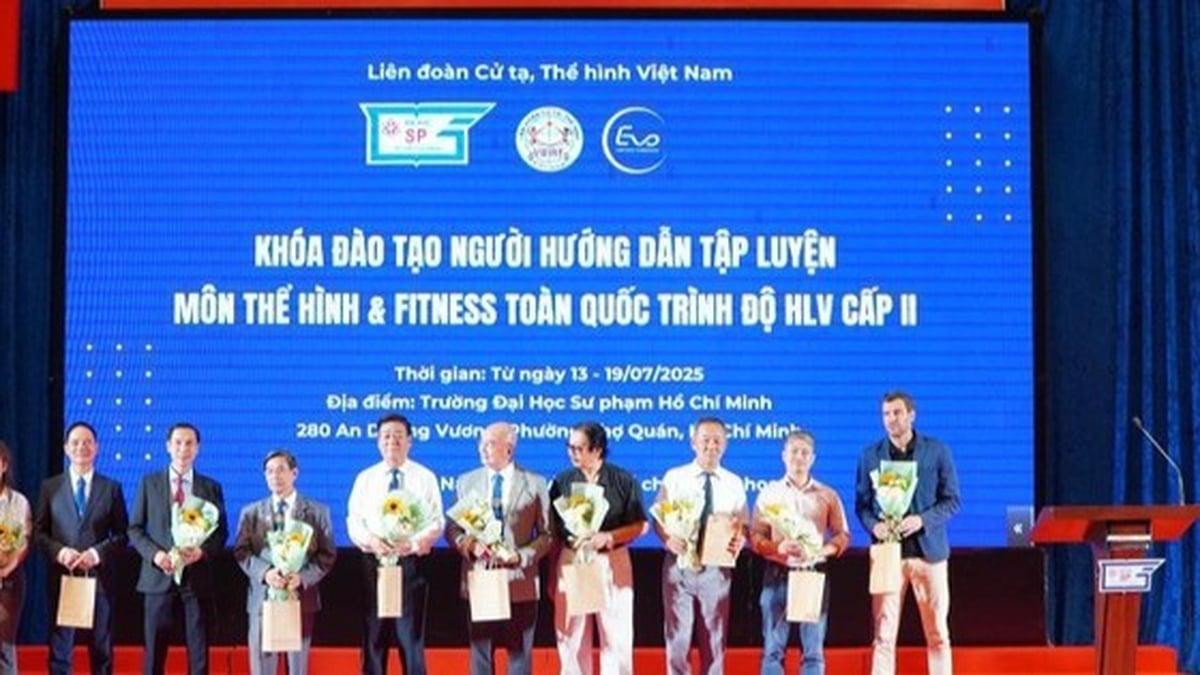






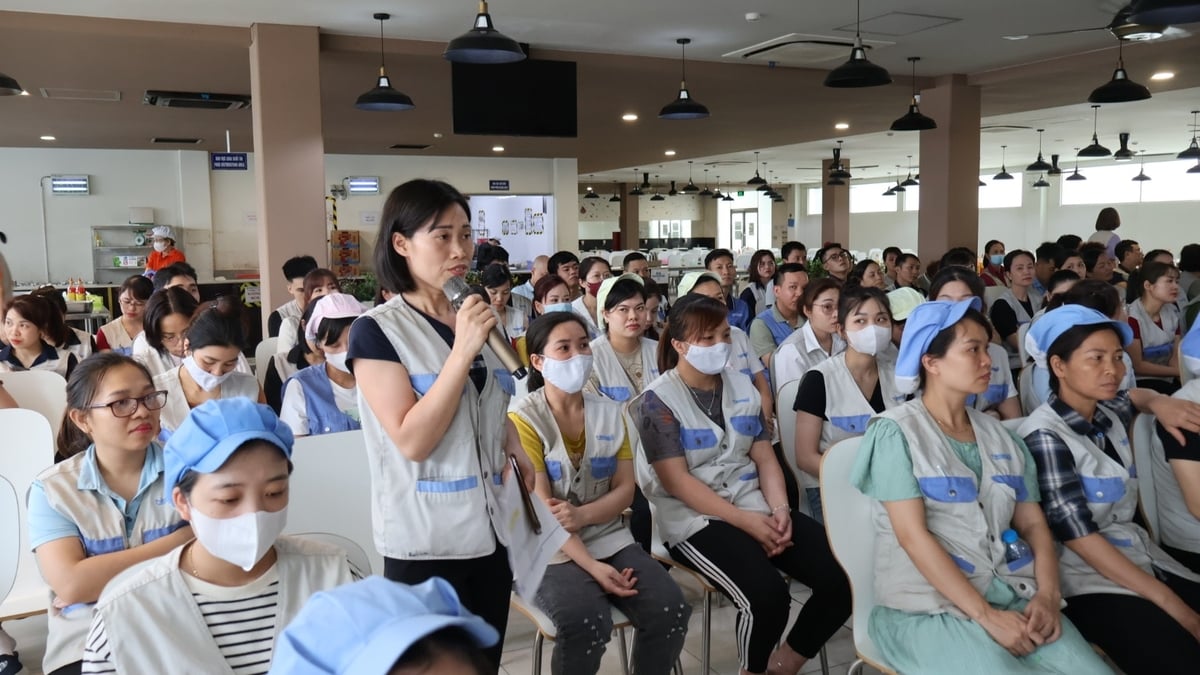












![[Photo] National Assembly Chairman Tran Thanh Man visits Vietnamese Heroic Mother Ta Thi Tran](https://vphoto.vietnam.vn/thumb/1200x675/vietnam/resource/IMAGE/2025/7/20/765c0bd057dd44ad83ab89fe0255b783)



































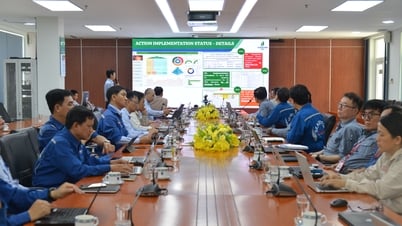






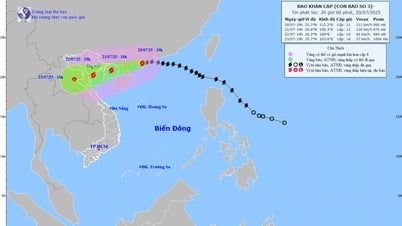




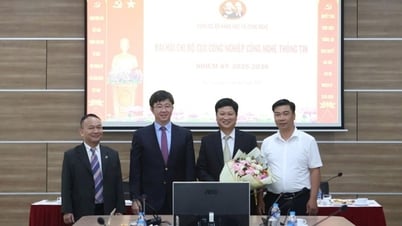




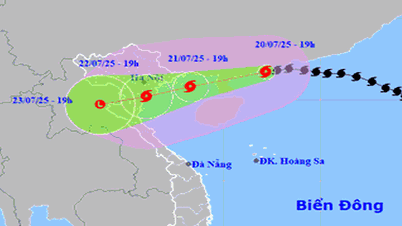























Comment (0)